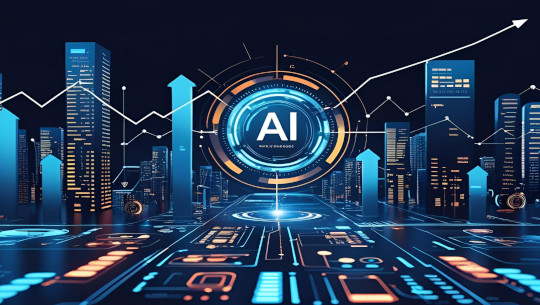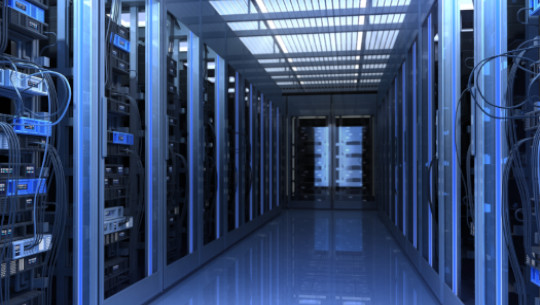
Artificial Intelligence has evolved beyond being a technological breakthrough; it has become a structural force reshaping global power, economics, and knowledge creation. What was once a field of experimentation has matured into the infrastructure of modern civilization. Nations now compete not merely for data but for compute capacity, energy access, and algorithmic sovereignty. As highlighted during the Campden Dubai Congress, AI represents the next phase of industrial acceleration — a force that compresses scientific discovery cycles, redefines productivity, and challenges long-held assumptions about human agency. It is not simply transforming industries; it is redrawing the map of influence itself.
In science, AI is catalyzing what some speakers called the era of “scientific superintelligence.” Algorithms are now designing molecules, generating hypotheses, and executing experiments in automated laboratories. This convergence of machine learning and robotics — often termed physical AI — is revolutionizing research across biotech, materials science, and climate modeling. As discussed in the Heinz Bennnemann and Lixia Zhu session, AI’s integration into the scientific process is not about replacing scientists but amplifying their capacity to discover. The result is an industrialization of intelligence: laboratories that once took years to validate a molecule can now simulate, test, and iterate in weeks. Yet, with such speed comes the need for ethical frameworks to ensure that acceleration does not outpace accountability.
The societal implications are equally profound. AI is no longer confined to data centers — it is embedded in classrooms, hospitals, financial systems, and public discourse. Generative models influence what people learn, how information circulates, and even how institutions govern. As noted by Tom Hurd in his Campden keynote, the world is entering an AI “supercycle,” comparable to the Industrial Revolution, where the boundary between machine reasoning and human cognition grows thinner. This transformation offers unprecedented efficiency but also exposes society to risks — from misinformation and algorithmic bias to cognitive dependence and social fragmentation. Managing these externalities will define the balance between innovation and integrity in the decade ahead.
Meanwhile, the debate over sovereign AI is reframing the geopolitical landscape. Compute power, semiconductors, and data localization are becoming as strategic as oil and trade routes once were. Open systems champion collaboration and transparency, while closed ecosystems pursue control and security. Across the UAE, Europe, and Asia, nations are building their own AI infrastructure to safeguard national identity and economic independence. The UAE’s investment in sovereign AI clouds and Europe’s AI Act illustrate how governance is catching up with innovation. The divide between open and closed models will likely determine how knowledge, capital, and digital freedom evolve in the next decade — and which societies retain autonomy over their own intelligence.
As AI becomes the backbone of scientific discovery, societal organization, and statecraft, the challenge is no longer about whether to adopt it, but how to govern it responsibly. For long-term investors, policymakers, and families shaping capital strategy, AI represents both an opportunity and an obligation: to deploy it where it amplifies human potential without eroding human purpose. The true measure of leadership in this era will not be who builds the largest model, but who aligns innovation with values, governance, and sustainability. In essence, AI is not just changing what we can do — it is redefining who we are. It stands today as the ultimate strategic force, fusing science, sovereignty, and society into a single continuum of transformation.
Aceana Group
Insights




